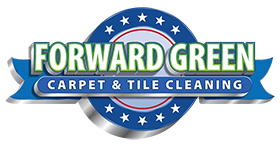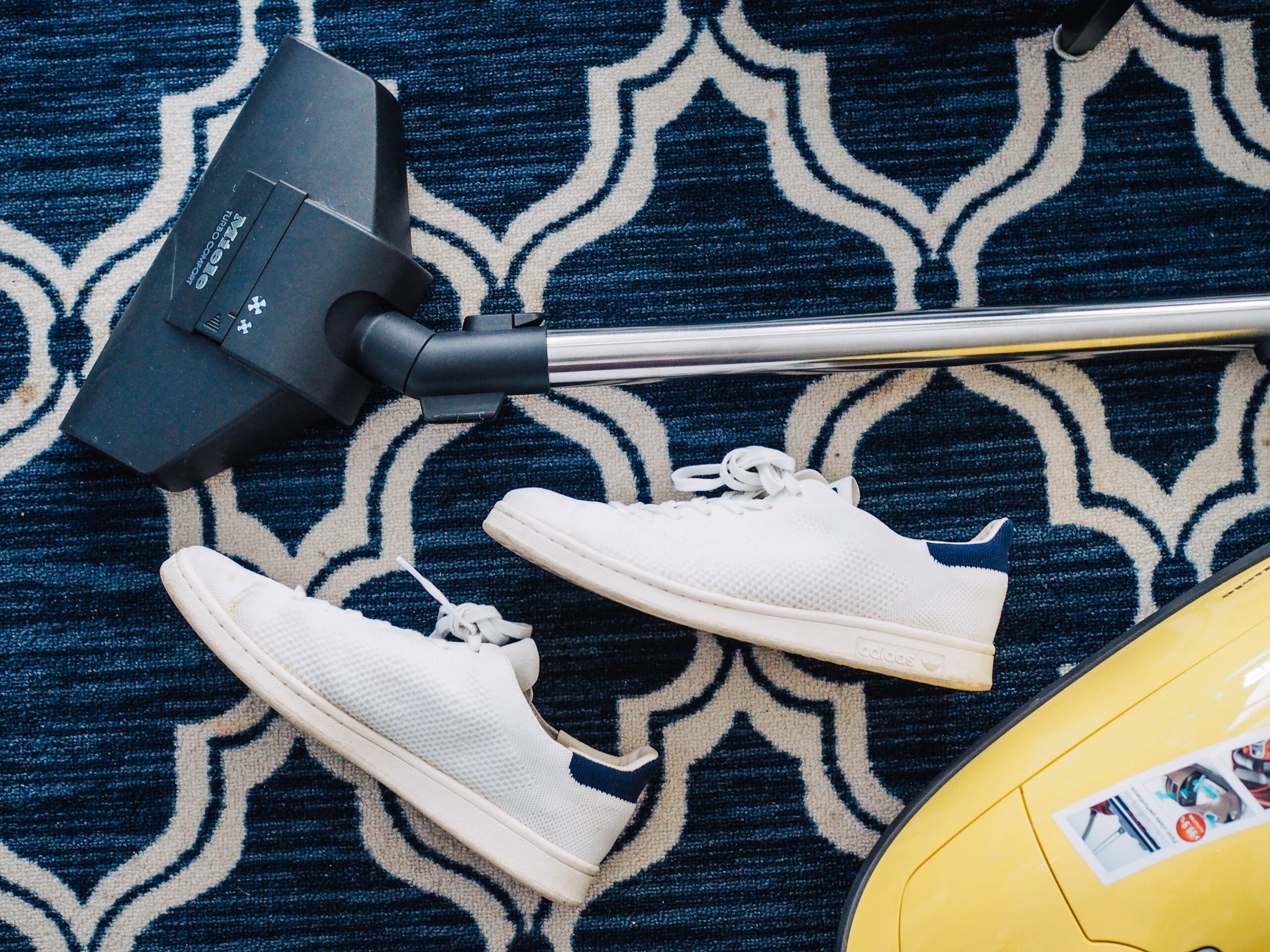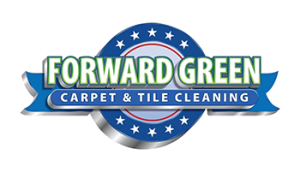Carpets and rugs have long been popular among homeowners and business owners because they add extra comfort to a property and brighten a space. They can also provide excellent insulation and improve a home’s indoor air quality.
Unfortunately, their cleanliness will only last forever, especially in houses with children or pets. Besides negatively affecting a building’s appearance, dirty carpets or rugs can also affect indoor air quality. So while it may be a good idea to call the nearest professional carpet cleaners, homeowners and office managers must also understand what can grow in these dirty materials.
If owners want the best services from their professional carpet cleaners, this article will enumerate the six germs that can grow on filthy rugs.
1. Campylobacter
Campylobacter is a bacteria that thrives in moist environments like wet shoes and humid areas. They can cause unpleasant symptoms like fever, stomach cramps, and diarrhea. They can also damage carpets and contribute to discoloration and staining if building owners don’t call the nearest carpet cleaners.
Homeowners can prevent the spread of this harmful bacteria and keep their carpet’s best condition by removing wet shoes and changing out of wet clothes before stepping onto any rugs. They should also schedule regular cleaning and maintenance to create a safe and healthy environment.
2. E. Coli
Escherichia coli (E. coli) is notorious for being frequently mentioned in news reports concerning food poisoning. While food items are the primary culprit of contamination, this harmful bacteria can quickly enter homes through dirty hands, shoes, clothes, previously contaminated food, and carpets.
People with this bacteria can suffer from symptoms like stomach pain, fever, and diarrhea. Severe cases can lead to bloody stools, dehydration, and kidney failure. Building owners can stop the spread by scheduling regular professional carpet cleaning.
3. MRSA
Methicillin-resistant Staphylococcus aureus (MRSA), or a superbug, is an infection that penicillin can’t treat. People frequently carry this bacteria into places like locker rooms on their gym bags and shoes. So if homeowners or businesses find MRSA in their carpets, it likely originated from where people sweat a lot.
4. Norovirus
Norovirus is a harmful germ residing in carpets and can cause digestive problems. People commonly call it the stomach flu, which can lead to symptoms like vomiting, diarrhea, and stomach cramps. The virus can survive on uncleaned carpets for up to four to six weeks, especially during winter.
Homes and businesses can help prevent stomach flu and stop the spread of the virus by calling their nearest professional carpet cleaners.
5. Salmonella
While people usually associate Salmonella with food, this harmful bacteria can also survive in carpets. It can also spread through the tracking feces from humans and animals. Moreover, people can find fecal matter in bathrooms, locker rooms, gas station floors, grocery store floors, and sidewalks. Additionally, Salmonella can cause severe digestive problems like diarrhea and fever.
Building owners can foster a safer and cleaner environment by scheduling regular carpet cleaning and maintenance.
6. Mould and Mildew
Besides harmful germs, neglecting dirty carpets and rugs can encourage mould and mildew growth. These harmful organisms can harm indoor air quality and cause severe illnesses, especially in those with sensitive respiratory systems. People can improve their indoor ventilation by scheduling regular professional carpet cleaning.
Creating a Germ-Free Building
Germs on carpets can negatively affect people’s health and the building’s overall appeal. Homes and businesses can stop the spread of these nasty germs by scheduling professional carpet cleaning.
Forward Green Carpet and Tile Cleaning help homeowners enjoy a tidier and healthier house with professional carpet cleaning near San Mateo, Burlingame, Foster City, San Carlos and Area Call now for a free, no-obligation estimate!



